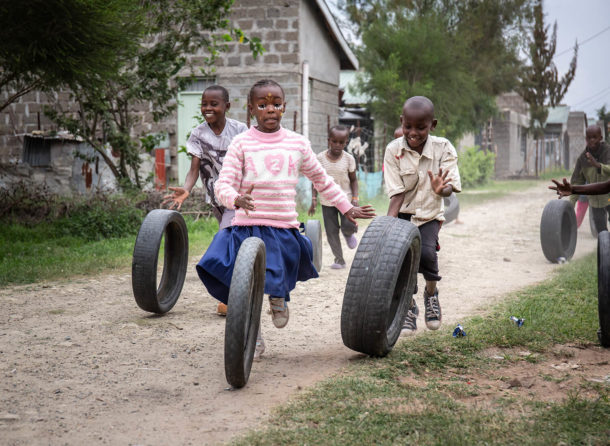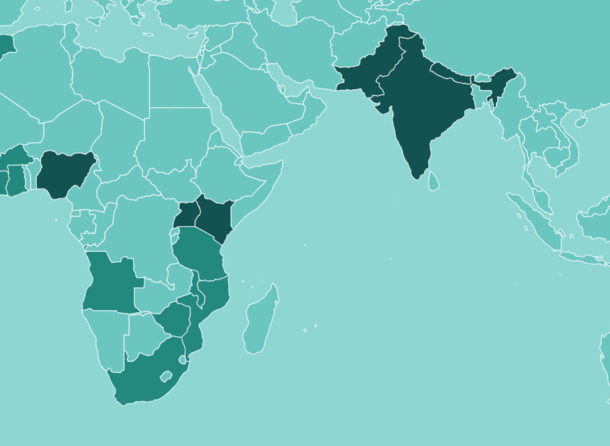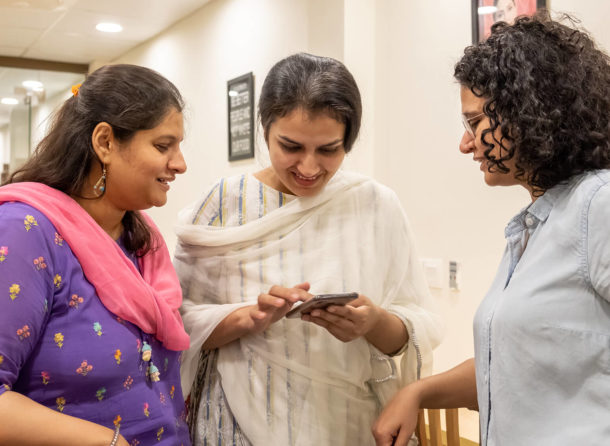
Reall at Africa Green Economy Summit (AGES)
Reall had the honor of participating in the Africa Green Economy Summit (AGES) 2025 in Cape Town, an influential event centered around the theme, “Building a Climate-Resilient Africa: Catalysing Investment and Innovation in the Green and Blue Economies.” This summit brought together thought leaders, investors, and innovators from across Africa, all focused on addressing key challenges and opportunities within the continent’s green economy.
A highlight of Reall’s participation was the opportunity to showcase its Green Affordable Housing Finance (GAHF) instrument endorsed by The Global Innovation Lab for Climate Finance. Led by our Programme Lead for Green Affordable Housing Finance in Kenya, Joy Wachira, Reall delivered an engaging pitch to a diverse group of regional investors and thought leaders, showcasing Reall’s efforts in rolling out GAHF to unlock access to climate-smart affordable housing. The pitch not only raised awareness about innovative housing finance models but also ignited critical discussions about the steps needed to scale Green Affordable Housing in Kenya and across the broader African region.
Pitching at AGES helped to foster conversations about the need to unlock catalytic access to finance in the green housing sector. It was clear that innovative climate finance solutions are key to accelerating sustainable development and creating long-term climate resilience in Africa.

Fig 1: Programme Lead for Green Affordable Housing Finance in Kenya, Joy Wachira presenting GAHF at AGES
Key Takeaways from the Summit
-
Unlocking Potential for Africa’s Voluntary Carbon Markets: Africa’s voluntary carbon markets are an untapped resource, with an estimated capacity of approximately 2,400 MtCO₂e annually. This potential could unlock around $7 billion in climate finance annually by 2030, supporting the continent’s broader development goals. This begs the question. What opportunities are available for the real estate sector with respect to potential for additional revenue generation from carbon offsets?
-
Governance Challenges in the Green Economy continue to be a major hurdle, particularly around rigid regulatory frameworks, the absence of pricing standards and a gap in credible benchmarking systems. To attract blended finance models that combine both public and private sector investments, innovative solutions will be essential.
-
Rethinking Development Models:There is a direct need to review development models with the objective of prioritising long-term environmental sustainability over short-term economic gains. This shift is necessary to effectively accelerate Africa’s access to climate finance and to build a more sustainable, green economy.
-
The Climate Finance Gap: Currently, climate finance budgets cover less than a quarter of Africa’s needs, largely due to perceived risks and a shortage of bankable projects. With only 18% of climate finance coming from the private sector, there is a clear gap calling for a focused approach in designing bankable projects and deeper engagements with the private sector that more effectively address Africa’s inherent climatic challenges.
-
The Importance of Data: Building a strong, evidence-based pipeline of investable projects is critical to driving meaningful change. By leveraging data effectively, it is possible to unlock more opportunities for impactful investments and accelerate progress towards a climate-resilient Africa.
Roundtable Discussions and Business Matchmaking
The summit also featured roundtable discussions that provided invaluable insights from thought leaders across the continent. These conversations highlighted various funding opportunities and proven mechanisms to drive an enabling environment available for scaling green economy initiatives. Additionally, the business matchmaking sessions offered Reall the opportunity to engage in strategic networking, knowledge-sharing, and the development of new partnerships, all of which are essential to accelerating Africa’s transition to a green economy.
Fig 3: Joy Wachira in roundtable discussions, Fig 4: Reall and other organisations at AGES 2025: Collaborating for a Green Future
Looking Ahead
Reflecting on the summit, Reall is thrilled by the emerging possibilities going by the insights and partnerships that emerged from the summit. The deliberations were fundamental to carrying forward the vision on sustainable development and climate finance. Reall remains committed to applying these learnings to drive action toward a more sustainable and climate-resilient future for Africa. with renewed dedication to playing a significant role in this transformation, particularly through initiatives like the Green Affordable Housing Finance instrument. By working together with like-minded sector players, Reall aims to unlock the potential of Africa’s green economy, by building a resilient future and thriving communities within the continent.
Written by our Programme Lead for Green Affordable Housing Finance in Kenya, Joy Wachira
Read more stories
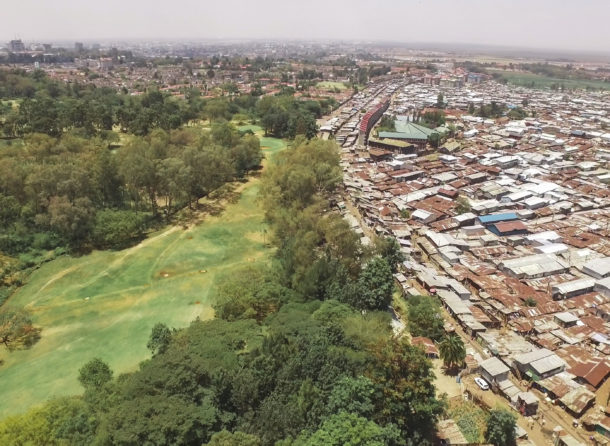
How Affordable Homes could help solve the global climate crisis
The United Nations climate summit, COP25, starts today in the Spanish city of Madrid where climate leaders will push to scale up action and investments into rapidly reducing global greenhouse gas emissions and support broader sustainable development agendas, specifically addressing …
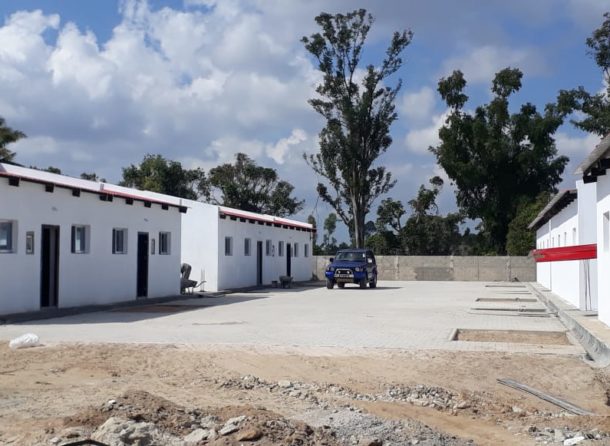
Celebrating affordable housing in Beira
The ribbon-cutting ceremony was attended by Reall’s Director of Investment and Operations Patrick Domingos-Tembwa, Mayor of Beira Daviz Simango and Casa Real Director Marie Odile. The celebration was particularly poignant as these homes managed to withstand the destruction of Cyclone…
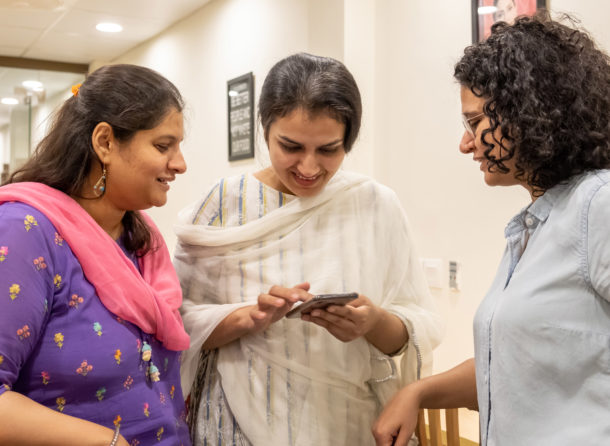
New Partnership: Syntellect
Reall are delighted to be partnering with India-based technology firm, Syntellect. Syntellect are committed to giving unbanked people the opportunity to access mortgage finance across Africa and Asia. Syntellenct has created RightProfile, a customer profiling platform designed to help lenders …


